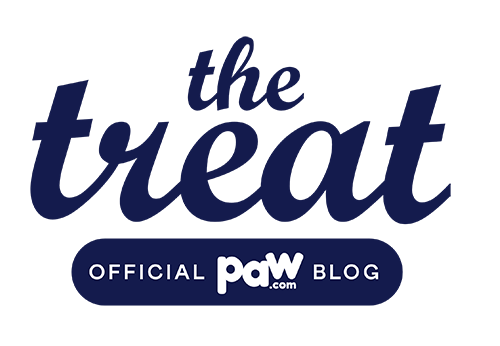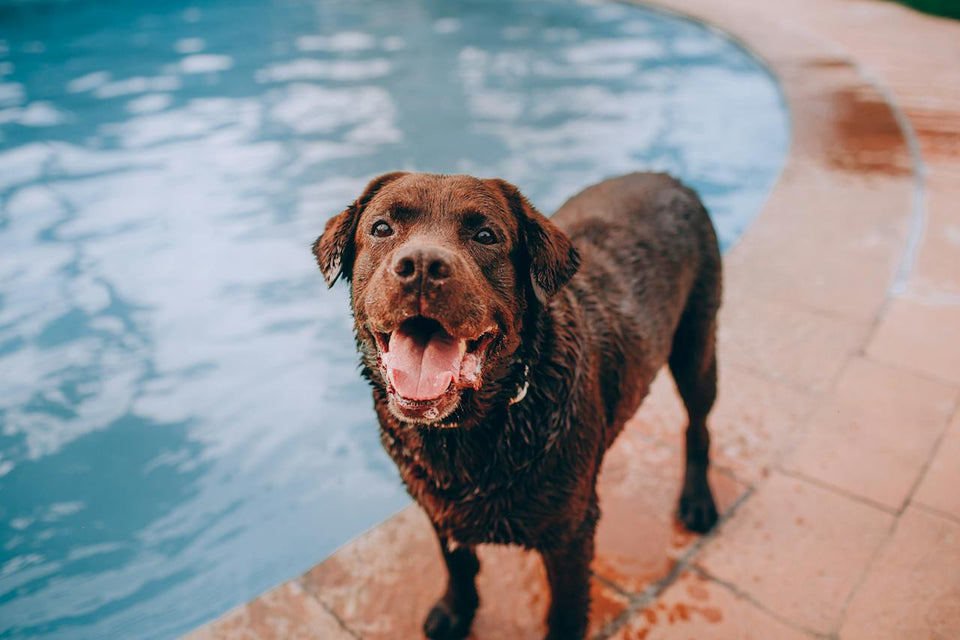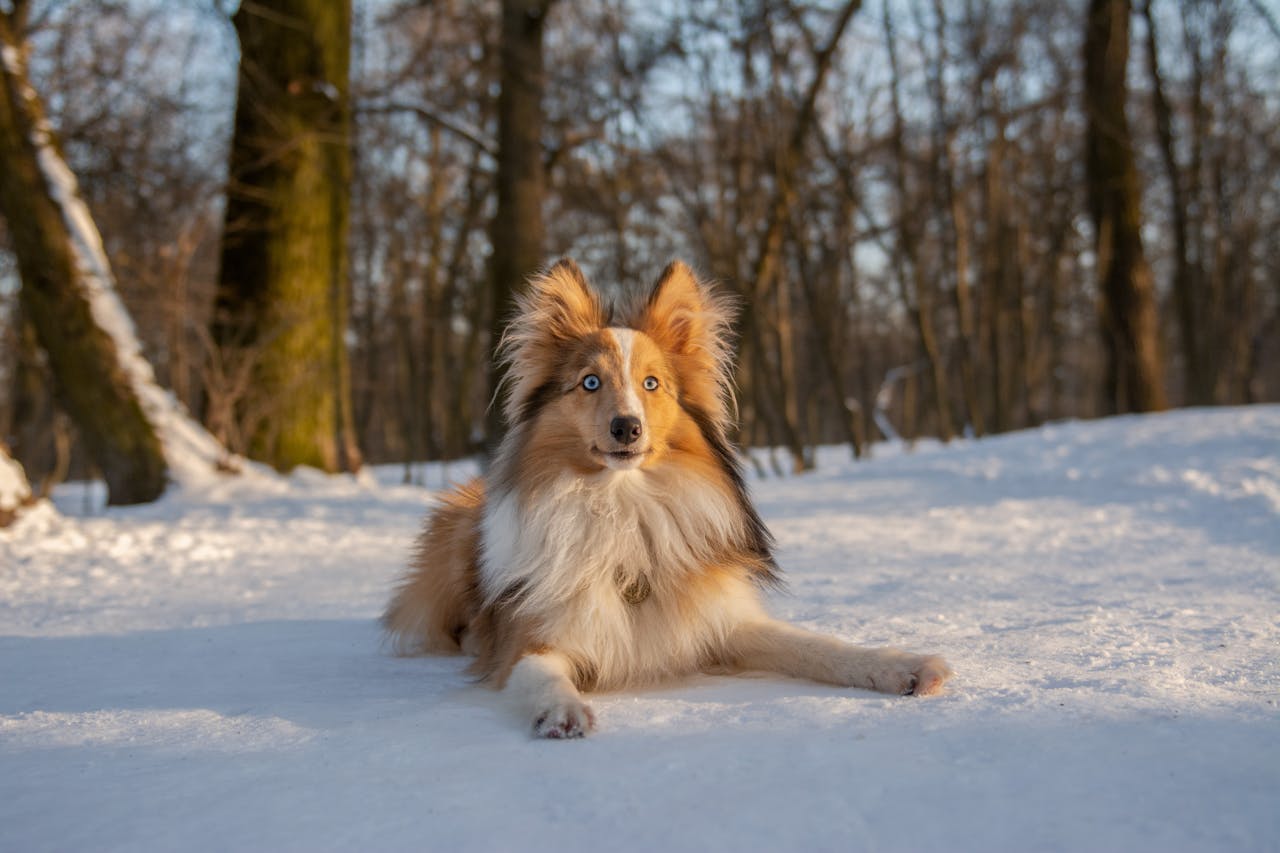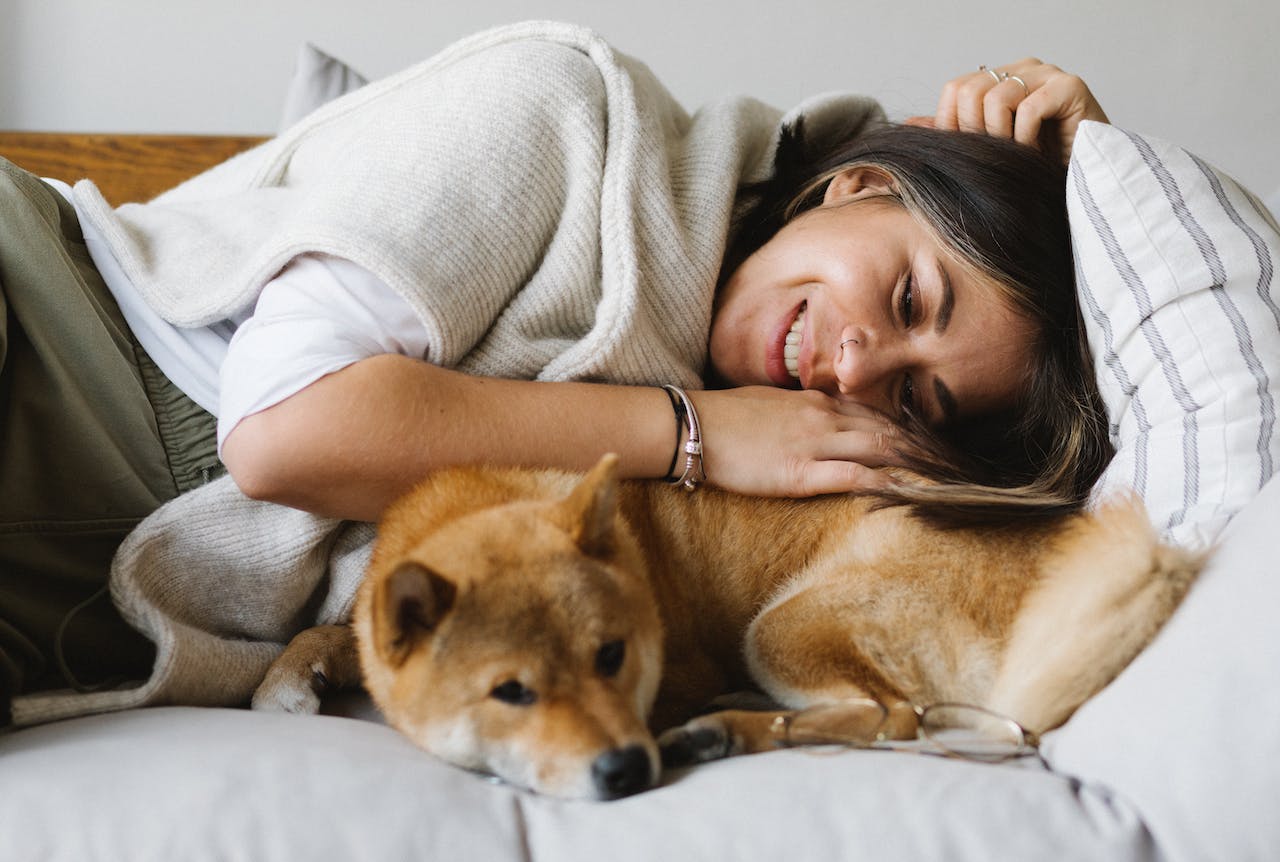
Understanding and Remedying the Causes of Unpleasant Dog Smells

In the journey of nurturing a happy, healthy pet, managing dog odors stands as a key aspect. This article has highlighted effective strategies for combating unpleasant smells, emphasizing the significance of consistent care in grooming, diet, and hygiene. Regular bathing, dietary vigilance, and use of appropriate grooming products are not just acts of care, but steps towards creating a pleasant living environment for both you and your furry companion. Remember, persistent issues often require professional advice; don't hesitate to seek veterinary guidance for stubborn odors.
Consider integrating Paw.com's specialized grooming products into your routine, a choice many have found effective in maintaining a pleasant dog scent. The journey to a fresh, odor-free home with your beloved dog is continuous, yet immensely rewarding.
Identifying Common Causes of Dog Smells
Skin conditions such as yeast, bacterial, or fungal infections can cause a distinct, often fishy smell in dogs. These infections may stem from allergies, environmental factors, or underlying health issues. Treatment typically involves topical or oral medications, dietary changes, or medicated shampoos, depending on the diagnosis.
Diet plays a crucial role in a dog's overall scent. Diets rich in fats can increase skin oil production, leading to stronger odors. Food allergies may cause inflammation and increase the odds of anal gland blockage. High fiber intake is beneficial as it helps in the natural expression of anal glands. It is advisable to consult a vet for allergy testing and dietary adjustments.
Oral health significantly impacts a dog's overall odor. Dental issues like dental decay and gum disease can lead to bad breath. Daily dental care, including brushing and professional cleanings, is essential for maintaining oral hygiene.
Dogs have anal glands that produce a foul-smelling substance for marking territory. When these glands are impacted or infected, they emit a strong odor. Regular expression of these glands, either by a professional or through a high-fiber diet, can help manage this issue.
Environmental factors like rolling in smelly substances or exposure to skunk spray can lead to temporary but intense odors. A thorough bath is often sufficient to eliminate these smells.
Routine Hygiene Practices for Odor Prevention
Bathing your dog regularly with specially formulated pet shampoos can significantly reduce body odor. Adding odor neutralizers to the bath routine can enhance the effects.
Regular grooming, including brushing, helps keep a dog's coat clean and reduces the accumulation of odor-causing substances.
Routine ear cleaning using an ear-cleansing agent with drying and antiseptic properties can prevent infections and remove odor-causing earwax and debris.
Regular nail trimming and paw care are essential for maintaining overall hygiene and preventing odor buildup in the paws.
Maintaining dental hygiene, such as brushing the dog's teeth regularly and providing dental chews, is crucial for preventing bad breath.
You may also like: Dog & Cat Breeds Prone to Dental Health Issues
Dietary Adjustments to Reduce Unpleasant Smells

A balanced diet is key to controlling body odor in dogs. Avoiding foods that cause allergies or digestive issues is important.
Foods with high fat content or those causing allergies should be avoided as they can worsen body odor.
Probiotics promote healthy gut flora, positively impacting overall health and potentially reducing odor.
Proper hydration is crucial for preventing constipation and aiding in the natural expression of anal glands, thereby reducing odors.
Supplements like omega fatty acids and probiotics support digestive health and can help manage odors.
You may also like: The Perks of Using a Dog Skin and Coat Supplement
Professional Care and Medical Solutions
If your dog's odor persists despite regular grooming and diet management, it's time to consult a vet. Indications for a veterinary visit include excessive itching, inflamed skin, smelly skin, crusty or flaky skin, and recurring ear infections. These symptoms might signal underlying conditions like skin infections or allergies, which require professional diagnosis and treatment.
Skin infections in dogs, such as yeast or bacterial infections, often arise secondary to allergies or parasites. Treatment can include oral anti-fungal medications, medicated shampoos, or topical treatments. For allergic dermatitis, approaches may range from medication, food trials, frequent bathing, supplements, or allergen-specific immunotherapy. The treatment depends on the allergen causing the symptoms.
Dogs can suffer from hormonal imbalances such as hypothyroidism or Cushing's Disease, which can lead to skin issues. These conditions require specific treatments that a vet can prescribe after appropriate tests like blood work.
Professional grooming can play a vital role in managing a dog's odor, especially for breeds with dense or long fur. Regular grooming helps remove dirt, debris, and excess hair, which can contribute to odor. Groomers can also identify early signs of skin problems that require veterinary attention.
Medications for skin issues might include oral corticosteroids, antihistamines, antibiotics, or antifungal medications, depending on the underlying cause. Supplements like probiotics can also support a dog's skin and coat health by maintaining a healthy gut flora.
Home Remedies and Natural Solutions
You can create homemade sprays and wipes using natural ingredients like vinegar or essential oils that are safe for dogs. These can provide a quick fix for minor odors and can be used in between baths.
DIY dog shampoos can be made from natural ingredients such as oatmeal, aloe vera, or coconut oil. These ingredients are gentle on the skin and can help soothe irritation while effectively cleaning the fur.
Maintaining good ventilation in your home and using air purifiers can help reduce pet odors. This is especially important in areas where your dog spends most of their time.
Certain essential oils, when used correctly and in safe quantities, can help control pet odors. However, it's crucial to ensure that any essential oil used is safe for dogs, as some can be toxic.
Regularly washing your dog's bed, toys, and other belongings helps control odors. This prevents the buildup of dirt, bacteria, and oils that can contribute to unpleasant smells.
Product Recommendations: Shampoos and Conditioners
Selecting the right shampoo and conditioner for your dog is essential. The right products can help manage skin conditions, improve coat health, and reduce odors.
Look for shampoos and conditioners that are specifically formulated for dogs, pH-balanced, and free from harsh chemicals. Products containing ingredients like lipids and ceramides can protect the skin and prevent dryness.
Paw.com offers a range of grooming products, including shampoos and conditioners that are specifically designed for dogs. These products can help maintain a healthy coat, reduce itching, and control odors.
Follow the instructions on the product label for the best results. This usually includes massaging the shampoo into the coat, allowing it to sit for a few minutes, and then thoroughly rinsing.
Consider your dog's specific needs, such as skin sensitivity, coat type, or any existing skin conditions, when choosing grooming products. This ensures that you select the most effective products for your dog's individual requirements.
Ensuring a Fresh and Healthy Environment for Your Dog

In the journey of nurturing a happy, healthy pet, managing dog odors stands as a key aspect. This article has highlighted effective strategies for combating unpleasant smells, emphasizing the significance of consistent care in grooming, diet, and hygiene. Regular bathing, dietary vigilance, and use of appropriate grooming products are not just acts of care, but steps towards creating a pleasant living environment for both you and your furry companion.
Remember, persistent issues often require professional advice; don't hesitate to seek veterinary guidance for stubborn odors. In conclusion, consider integrating Paw.com's specialized grooming products into your routine, a choice many have found effective in maintaining a pleasant dog scent. The journey to a fresh, odor-free home with your beloved dog is continuous, yet immensely rewarding.
Share this article
written by


